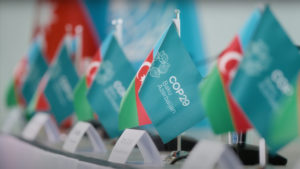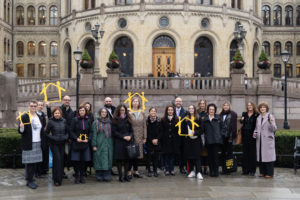
Advocate with and for Human Rights Houses
Human Rights House Foundation advocates with Human Rights Houses nationally, regionally, and internationally, and builds advocacy coalitions aiming at long-term impact. We engage with domestic and international human rights mechanisms, raise awareness among decision-makers, and influence policies. We strengthen international standards to reinforce the enjoyment of the rights to freedom of expression, association and assembly nationally, as well as the right to be a human rights defender.



Why?
In the context of a global decline in freedoms, human rights NGOs grow stronger through building coalitions, raising awareness about key human rights issues, and pushing for change nationally and internationally.
Over the last several years, systematic violations of freedom of assembly and of association have arisen in several of the countries where Human Rights Houses exist, leading to a “global crackdown” on civil society.
The number of States supportive of the agenda of Human Rights Houses and HRHF is shrinking. We need to engage States now more than ever, to take action and push for the adoption of international standards on this topic. Such an initiative must come from States which have the autonomy of civil society as a guiding principle and which believe that international stability and security can only be ensured through active domestic civil societies. It is often these States that contribute globally by supporting domestic civil societies in other States, as their means to participate in shaping the world.
We aim at countering the global decline of rights, through our thematic priorities.
International recognition remains a way of countering national smear campaigns piloted by the State. Through our advocacy, we empower NGOs and Human Rights Houses and increase their visibility.
HRHF supports the national advocacy of Human Rights Houses and their member NGOs because it is through engaging with constituencies at home that relevant human rights change can happen. National advocacy is also a way of engaging national authorities. Through linking international standards and recommendations to national policies and legislation, HRHF is able to contribute to sustainable change within a country, thanks to building national coalitions.
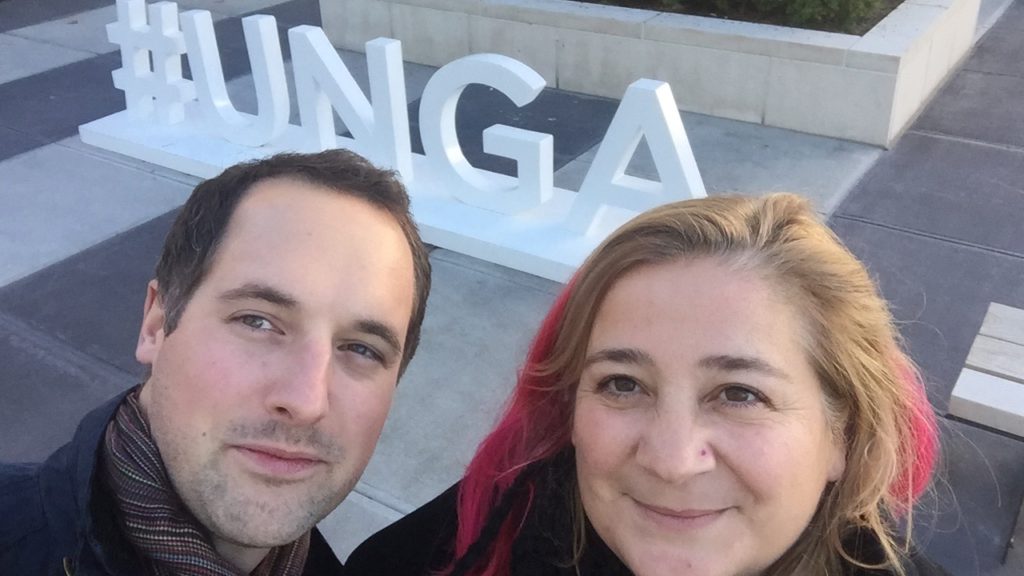
Regional and international organisations regularly review the human rights record of States, based on information provided by the State, NGOs, and other international bodies. Such reviews are a way of keeping a State accountable to its commitments and obligations under international human rights law.
Strong international standards allow to engage with national authorities for implementation and set a reference for all States to abide by. HRHF engages in strengthening international standards on the rights to freedom of association, assembly, expression, and the right to be a human rights defender.
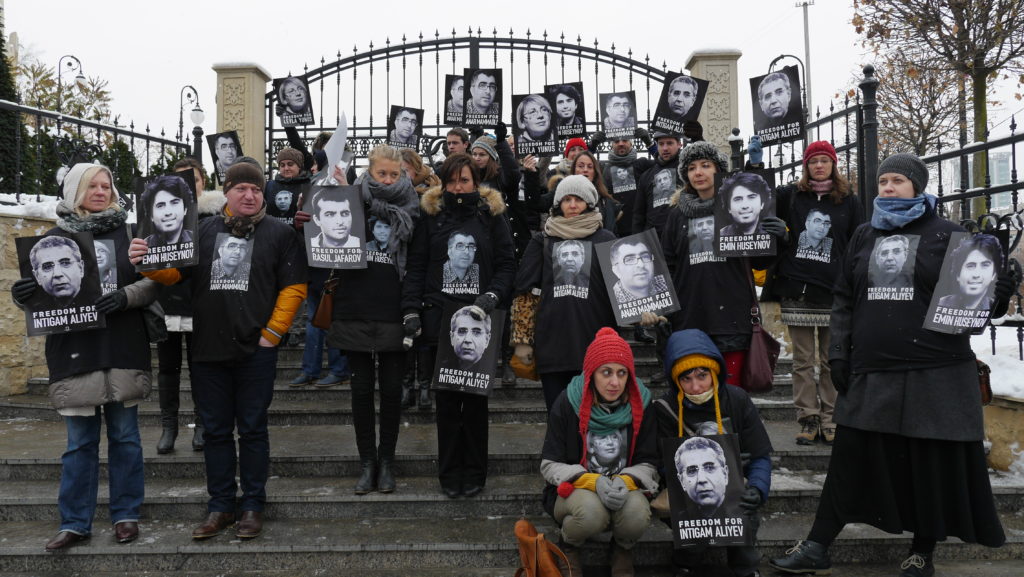
Rapid international action to support human rights defenders and organisations when their rights are violated can have a positive effect, whether immediately or in the long-term. Torture and violence often peak in the first days of detention, and rapid action can reduce its incidence. The same is true of threats to restrict or close NGOs: an immediate response that draws national and international attention can reverse an unlawful decision.
Publicity and letters of concern are important forms of solidarity for local human rights actors. They show that international human rights organisations are ready to support their human rights values, enhancing the credibility and confidence of national human rights defenders and their organisations. A reaction by international independent human rights mechanisms is just as valuable.

How?
HRHF provides support to Human Rights Houses and their NGOs, to strengthen their voice in asking for change domestically, including through using international mechanisms.
Our advocacy is grounded in the work of Human Rights Houses and their NGOs. We develop work methods that allow us to jointly advocate for change, and build coalitions strong enough for international action and national implementation.
We contribute our knowledge of the international human rights system,and build an international network of decision-makers who become valuable partners to relay our calls.
HRHF works at two levels:
- Advocating toward our thematic priorities, and for related strong international human rights standards and their domestic implementation.
- Advocating toward country priorities, developed through national advocacy strategies with the Human Rights Houses and their NGOs.
Long-term engagement allows HRHF, the Human Rights Houses, and our partners to recognise trends and analyse the broader picture.
Human rights change can often be slow and hence needs a long-term engagement on an issue. We do not believe in “one shot” advocacy or short-term calls for change. Systemic change is needed in many countries in which we work. With this, we engage with a view to having impact over time.
Similarly, establishing international standards for the protection of human rights requires a process leading to the adoption of these standards by the international community. This work is also long-term, in order to avoid standards that are either not shared by many States or are not disseminated and implemented truly without State structures.
Read about our long-term engagement advocating for the development of international standards on human rights defenders.
Civil society is heterogeneous, with NGOs having various strategies and priorities. HRHF brings forces together through advocacy coalitions, either on thematic or on country priorities. These coalitions strengthen the calls of each NGO by broadening the number of voices sharing them.
Joining forces increases the impact of advocacy. Where strong coalitions form, their legitimacy and representative character cannot be easily dismissed by governments. If their research and reporting is professional, their assessments and joint messages can have as much or more authority as the opinions of international organisations and stakeholders.
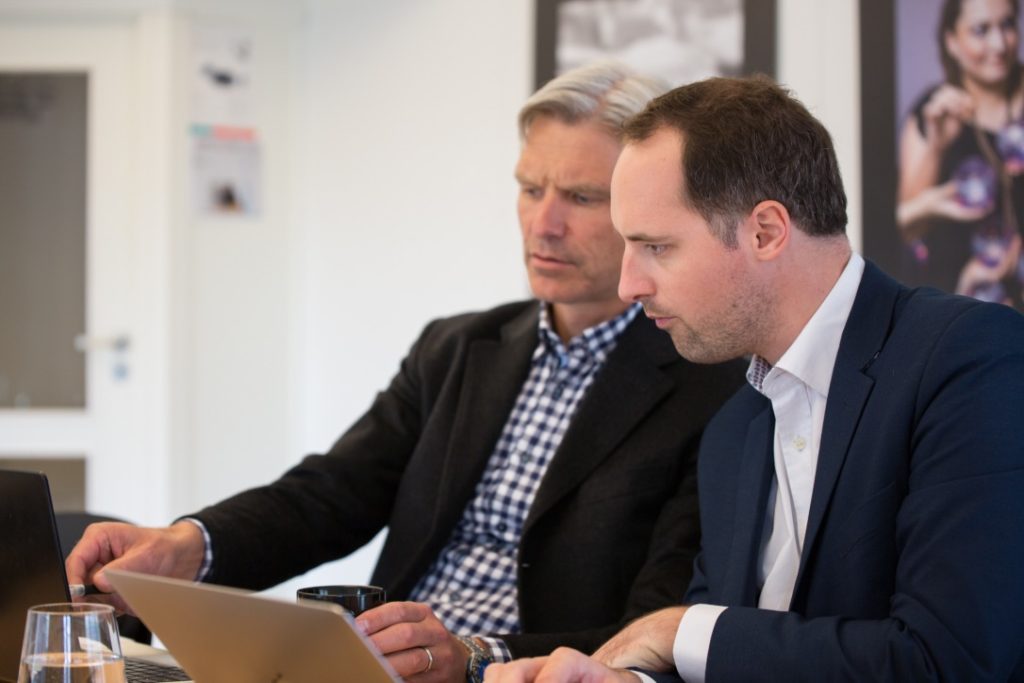
HRHF believes in strong, credible and practical international human rights standards. We engage with States and international organisations to strengthen such standards, based on our thematic priorities.
This work is long-term work, and impact can only come if they are disseminated at the national level, both to inform civil society about the standards and inform States about their obligations relating to these standards.
In a climate in which international mechanisms set up to hold States to their international human rights obligations appear weaker, HRHF believes it is crucial to uphold obligations under the concerned mechanisms. We particularly aim at using the opportunities provided by the international legal-based and expert-driven mechanisms, such as the UN Human Rights Committee, which are complementary to political mechanisms, such as the UN Universal Periodic Review (UPR) or the monitoring procedures of the Parliamentary Assembly of the Council of Europe.
We seek to be visible at international fora that review States’ human rights records. Together with Human Rights Houses and their NGOs, we submit information to various international bodies, making use of our regional expertise and familiarity with procedures. We choose to engage with mechanisms based on their potential impact on a given country.
HRHF brings local voices and experts to regional and international fora and ensures that they are heard.
HRHF presses States to implement their international obligations and to act effectively to hold all actors, including non-State actors, accountable for human rights violations they commit. HRHF’s strategy is to assist Human Rights Houses and their NGOs to make full use of international mechanisms in their national advocacy.
Most regional and international human rights protection mechanisms permit national NGOs to contribute information to the reviews they conduct. HRHF workd with partners to increase their presence and effectiveness at international fora.
HRHF further aims at linking its international contacts, in particular with the Human Rights Council special procedures, to its work in the countries in which Human Rights Houses are established.
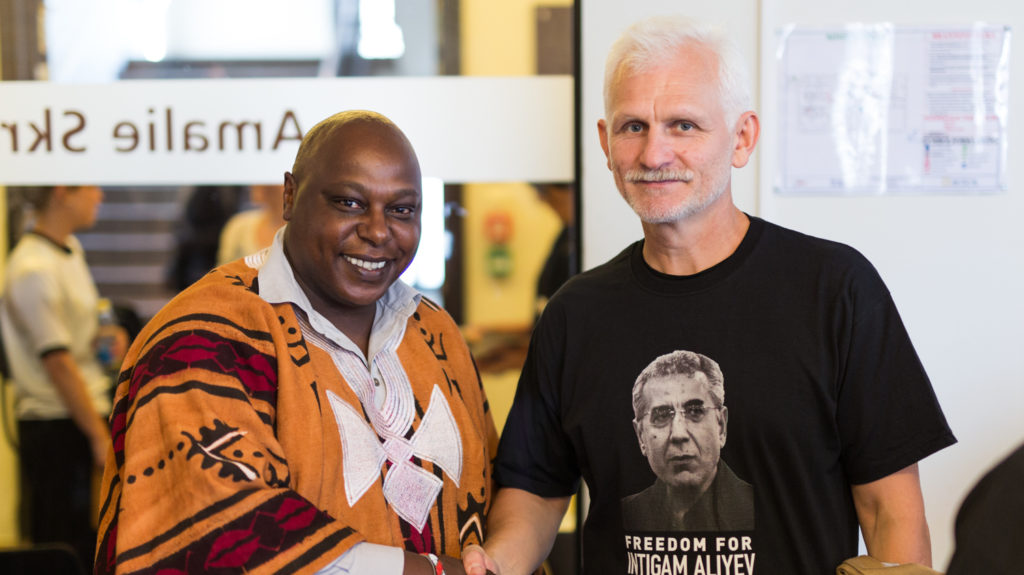
We primarily react to individual cases as an immediate protection measure. We follow up on cases in relevant countries, calling on authorities to safeguard the rights of the person in question, or requesting diplomats to raise the issue with the authorities.
Also, we immediately alert the international community on specific cases, where this is to third countries or international independent human rights mechanisms.
To further raise cases and request action or a response from relevant governments, we use international meetings at the UN Human Rights Council or at the Council of Europe’s Committee of Ministers and PACE, as well as the OSCE Permanent Council,
When it is relevant to do so and if the victim is in agreement, we use individual cases to advocate more broadly for human rights. When an individual case is not quickly resolved, we may also develop a long-term campaign around the case.
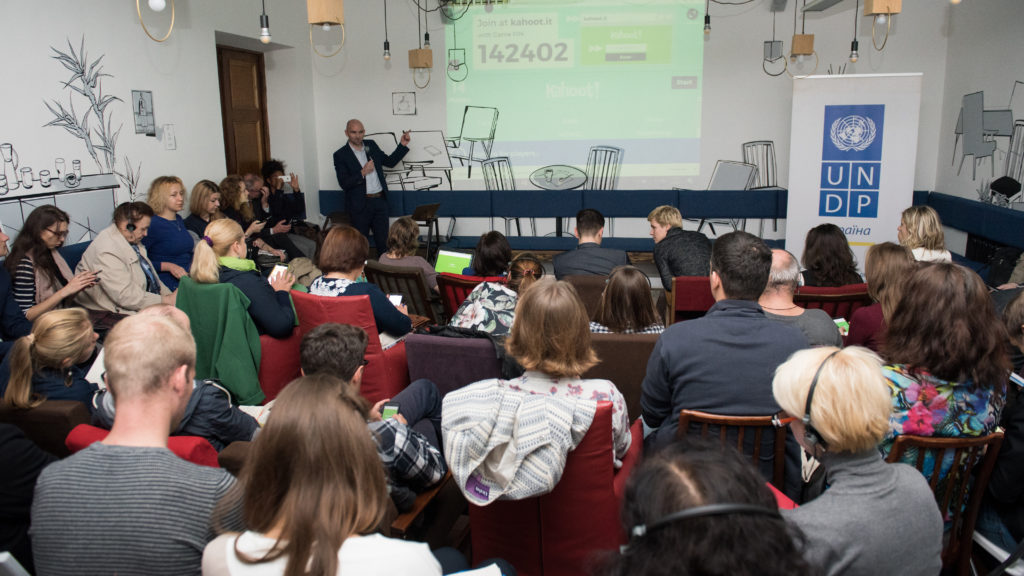
It is key that our advocacy increases knowledge among human rights defenders with regard to existing international standards and the international human rights system.
We aim to empower human rights defenders and inspire them about the opportunities provided through international advocacy. We do so through trainings with experts from international organisations and NGOs, as well as with HRHF’s staff and colleagues from Human Rights Houses and their NGOs.
We systematically include knowledge sharing in our international advocacy activities, to make sure that partners involved in advocacy are at their best. In particular, we share “behind-the-scenes” information and ensure that our partners’ calls fit with their targets.

Impact
HRHF’s advocates with Human Rights Houses and their NGOs to bring issues to the attention of decision-makers internationally, and aims at creating change nationally.
We have a strong impact on international human rights mechanisms, such as taking a leading role in establishing the mandate of United Nations special rapporteur on Belarus, and contributing to establishing the mandate of special rapporteur on freedom of association and assembly. We also have an impact on European institutions, creating space at the institutional level for civil society in order to facilitate interaction between human rights NGOs and the European Union and the Council of Europe.
Through linking national priorities and international advocacy and reacting quickly, we are able to impact on developing or often deteriorating situations. Examples include a quick response to recent developments in Poland and during Euromaidan in Ukraine, and placing timely pressure on the government of Azerbaijan since it intensified its crackdown on civil society in 2014.
Human Rights Houses
Human rights NGOs stand for change in their countries. Advocating jointly, in a coalition built around a Human Rights House is a way of ensuring impact. Such coalitions can be broader and unite NGOs that are not members of Human Rights Houses, increasing the visibility and relevance of a Human Rights House.
Through joint advocacy, Human Rights Houses also increase their visibility as national centres for human rights expertise.
Human rights defenders
Advocating to advance human rights is very natural for human rights defenders. Advocating jointly sends a message of increased strength and underpins the credibility of each individual human rights defender. Through advocacy, human rights defenders also gain access to national and international decision-makers.



